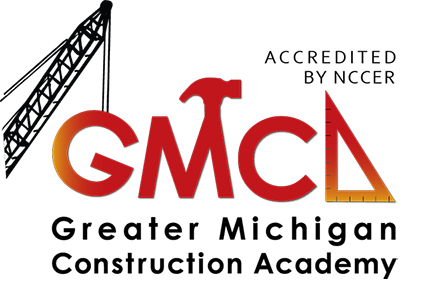From Books . . . to Buildings . . . GMCA will get you there . . .
About Us
Curriculum
High School Programs
Registration
Why Skilled Trades?
From books . . . to Buildings . . . GMCA will get you there . . .
MENU
